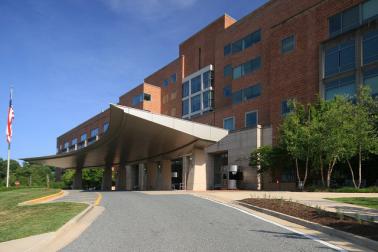

NIH Clinical Research Center
NIH Clinical Research Center
Primary immune deficiency diseases (PIDDs) are rare, genetic disorders that impair the immune system. Without a functional immune response, people with PIDDs may be subject to chronic, debilitating infections, such as Epstein-Barr virus (EBV), which can increase the risk of developing cancer. Some PIDDs can be fatal. PIDDs may be diagnosed in infancy, childhood, or adulthood, depending on disease severity.
Why Is the Study of Primary Immune Deficiency Diseases (PIDDs) a Priority for NIAID?
There are more than 200 different forms of primary immune deficiency diseases (PIDDs) affecting approximately 500,000 people in the United States. These rare genetic diseases may be chronic, debilitating, and costly.
How Is NIAID Addressing This Critical Topic?
Since the 1970s, NIAID-supported investigators have been examining the causes and complications of PIDDs to improve the lives of patients and families. NIAID aims to improve diagnosis, explore new treatments and preventions for PIDDs, and facilitate genetic counseling. NIAID is home to the Primary Immune Deficiency Clinic, which provides diagnoses and disease management recommendations to patients and families whose lives are touched by PIDDs.
For those suspected of having a PIDD, the NIAID Primary Immune Deficiency Clinic offers clinicians specializing in immune deficiency disorders and provides comprehensive consultations with a focus on diagnosis and recommendations for management.
What's New
Latest News Releases
NIAID Now Blog
- Addressing Rare Diseases—Gene Therapy and Beyond
February 20, 2020 - Newborn Screening Aids Discovery of Novel Gene Variants
August 22, 2019
Clinical Trials
NIAID conducts ongoing clinical trials on primary immune deficiency diseases. Read more about the active clinical trials below:

